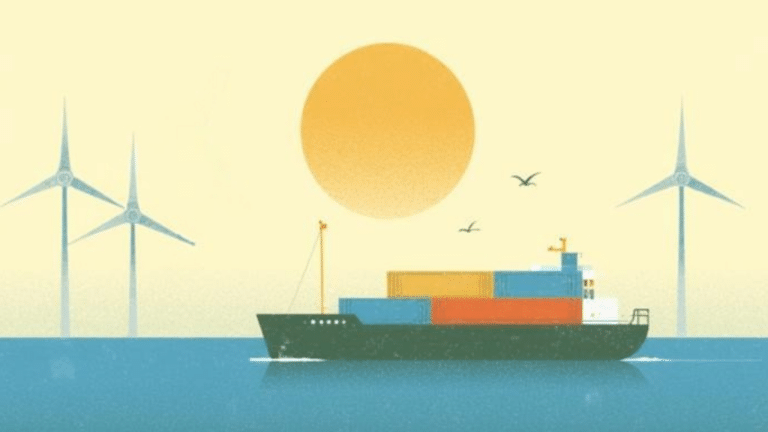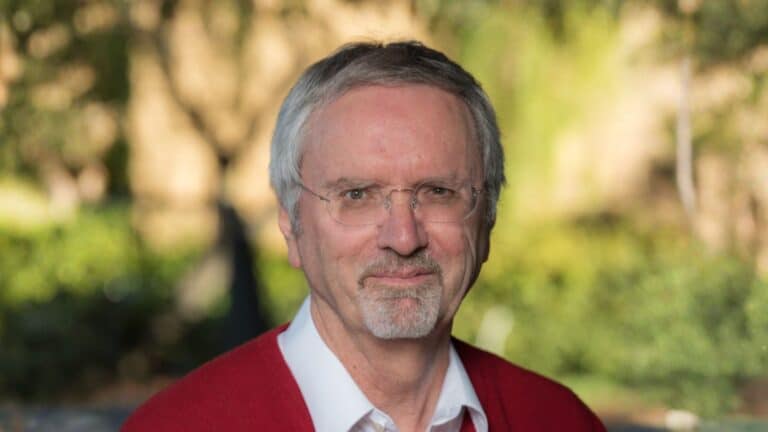Could a strategic lithium reserve kickstart US supply chain development?
NEW YORK -- A strategic lithium reserve is being mooted as a solution to stabilize volatile prices that have hindered American mining projects, allowi
Current Access Level “I” – ID Only: CUID holders, alumni, and approved guests only
This website uses cookies as well as similar tools and technologies to understand visitors’ experiences. By continuing to use this website, you consent to Columbia University’s usage of cookies and similar technologies, in accordance with the Columbia University Website Cookie Notice.
Our work is committed to independent and nonpartisan research that meets the high standards of academic integrity and quality at Columbia University.
Our initiatives and programs are designed to address critical needs in key focus areas around energy and climate policy.
Explore our expert insights and analysis in leading energy and climate news stories.
NEW YORK -- A strategic lithium reserve is being mooted as a solution to stabilize volatile prices that have hindered American mining projects, allowi
Get the latest as our experts share their insights on global energy policy.
This Energy Explained post represents the research and views of the author(s). It does not necessarily represent the views of the Center on Global Energy Policy. The piece...

Hear in-depth conversations with the world’s top energy and climate leaders from government, business, academia, and civil society.
If it seems like you're hearing a lot more about geothermal energy lately, that's because this clean, firm energy source is at a technological turning point. With roots...

Find out more about our upcoming and past events.
On January 1, 2026, the European Union's highly-anticipated Carbon Border Adjustment Mechanism (CBAM) will take effect. Introduced in 2023, CBAM will require the importers of certain carbon-intensive goods...

We are the premier hub and policy institution for global energy thought leadership. Energy impacts every element of our lives, and our trusted fact-based research informs the decisions that affect all of us.
Professor of Applied Physics and Applied Mathematics and of Earth and Environmental Sciences

Dr. Adam Sobel is a professor at Columbia University’s Lamont-Doherty Earth Observatory and Fu Foundation School of Engineering and Applied Sciences. He is an atmospheric scientist who specializes in the dynamics of climate and weather, particularly in the tropics, on time scales of days to decades. A major focus of his current research is extreme events – such as hurricanes, tornadoes, floods, and droughts, and the risks these pose to human society in the present and future climate. He leads the Columbia University Initiative on Extreme Weather and Climate. Sobel received his B.A. in Physics and Music from Wesleyan University in 1989 and his Ph.D. in Meteorology from the Massachusetts Institute of Technology in 1998. Sobel has received the Meisinger Award from the American Meteorological Society, the Excellence in Mentoring Award from the Lamont-Doherty Earth Observatory of Columbia University, and an Ascent Award from the Atmospheric Sciences Section of the American Geophysical Union, and his book about Hurricane Sandy, Storm Surge, published in October 2014 by Harper-Collins, received the 2014 Atmospheric Science Librarians International Choice Award in the popular category and the 2016 Louis J. Battan Award from the American Meteorological Society.
Get the latest news and research on energy & climate policy.
"(required)" indicates required fields